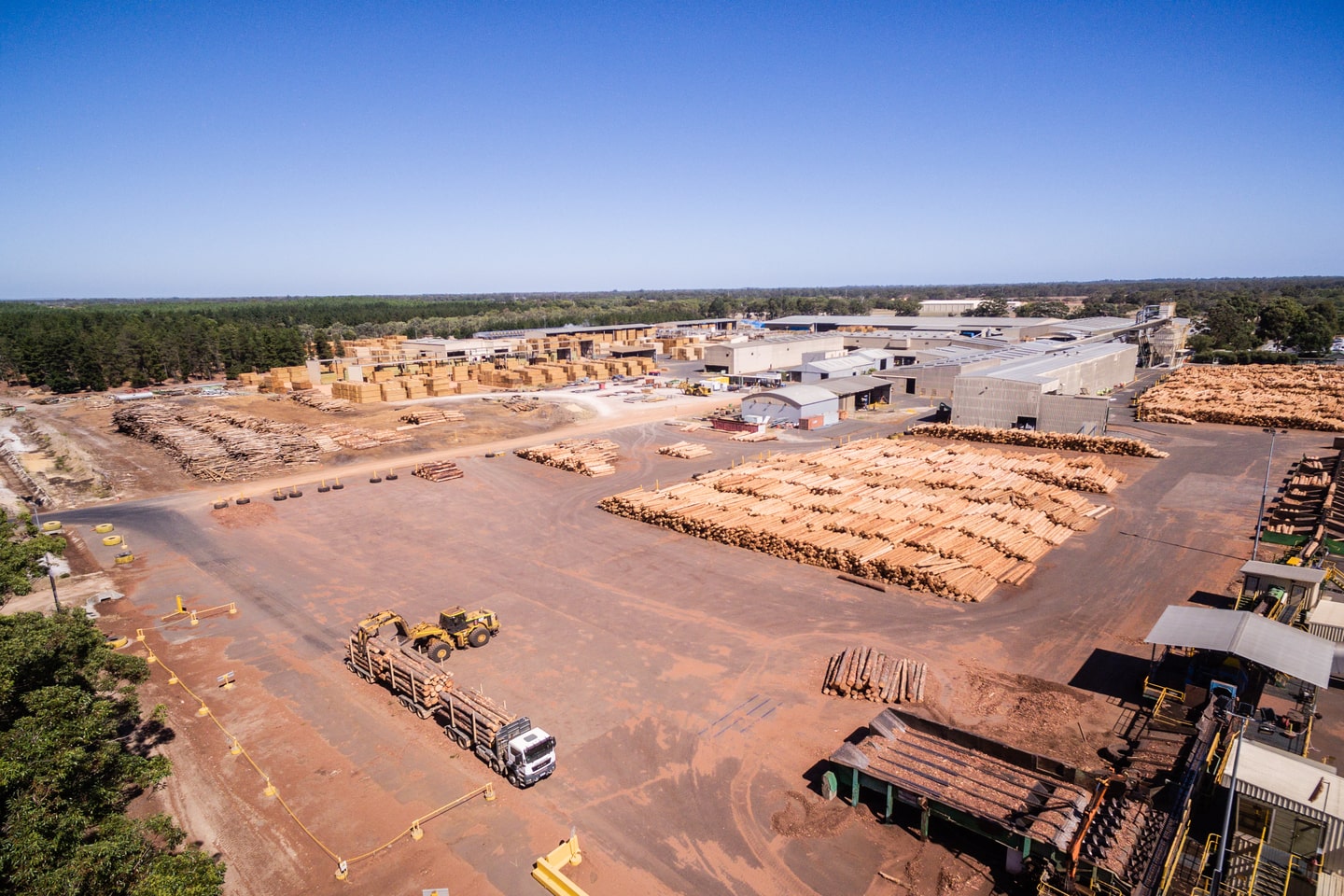A construction material shortfall is reaching crisis point, with a pine shortage threatening to delay projects and prompting calls for restrictions on local mill output to be lifted.


A construction material shortfall is reaching crisis point, with a pine shortage threatening to delay projects and prompting calls for restrictions on local mill output to be lifted.
Along with bricks and steel, structural timber is one of the materials most critical for the state’s construction industry, predominantly used in residential roof construction and wall framing.
But the recent construction boom, underpinned by state and federal COVID stimulus packages, has led to unprecedented demand for materials and now significant nation-wide supply shortages.
In WA, a recent survey undertaken by the Master Builders Association indicated that timber shortages were now the most acute issue facing the industry; with 90 per cent of members reporting timber delays in June, up from 67 per cent in March.
Master Builders Association WA executive director John Gelavis said those shortages were being exacerbated by the inability to secure timber from overseas, with imports having dropped from 25 per cent to around 8 per cent.
“Currently, every state around the nation is experiencing massive demand for housing and many countries around the world are using construction as a form of economic stimulus, which is heightening demand and impacting the global supply chain of materials and in particular structural timber,” Mr Gelavis said.
“One of the effects is a dramatic increase in price and delays in timber supply, which the builder does not have any control or influence over.
“These delays in timber supply impacts the builder’s ability to reach important progress payment stages, in turn impacting cash flow.
“This is a crucial issue for our members, and it should be of great concern to the government as the building industry is the centre of economic recovery and job creation.”
Mr Gelavis said Master Builders was working to find solutions both domestically and internationally to get more structural timber on the ground at an acceptable price, but warned that addressing the needs of the industry long-term would require a review of the state's production capacility.
He said MBA had plans to meet with the state’s Forestry Minister Dave Kelly to discuss options for the short and long-term timber needs of the construction industry and the need for better coordination between the investment community, plantation operators and landowners.
Residential developer Dale Alcock believes the state government needs to reassess the current pine log quotas and temporarily amend them to ensure the state’s construction industry was not restricted by the shortage.
WA has the capacity to produce more pine to support the current demand, he said, but was restricted by the quotas in place.
“From a WA perspective, we have a major producer here in Wespine, but one that is limited by pine log quotas,” he said.
“As an industry, we’re calling on the state government to act immediately by reassessing those pine log quotas.
“This is not something we would want to be enforced long term, but short-term to address the current demand.
“This is an international commodity, a finite resource, and much of it is going elsewhere.
“Parts of the eastern seaboard are waiting four to six weeks for frame and truss, and that’s been exacerbated by the impact that the eastern states bushfire had on pine plantations and reductions in pine quotas.
“We’re in a different situation here in WA as we use pine predominantly for roof frames, so the constraints are not as extreme.
“But it’s an issue we foresee getting worse and want to get on top of before it becomes a major problem.
“We’re already seeing major materials shortages amid the increase in construction activity.
“The last thing we need is to add pine to that list.”
The current state government has recognised the potential long-term supply issues as demand for timber continues to grow, having invested more than $25 million into expanding WA’s softwood estate since being elected in 2017.
Just recently, it recently released a Problem and Opportunity Statement seeking investment to further expand that estate in a bid to address the increasing demand driven by the increase in construction activity.
Forest Products Commision business services director Andrew Lyon told Business News the state government was seeking to expand the softwood estate by 50,000 hectares through the plantation of more than 60 million trees.
While unable to discuss individual customer contracts, Mr Lyon said the FPC was looking at all possible options to continue to satisfy demand for softwood products and have increased supply where possible.














